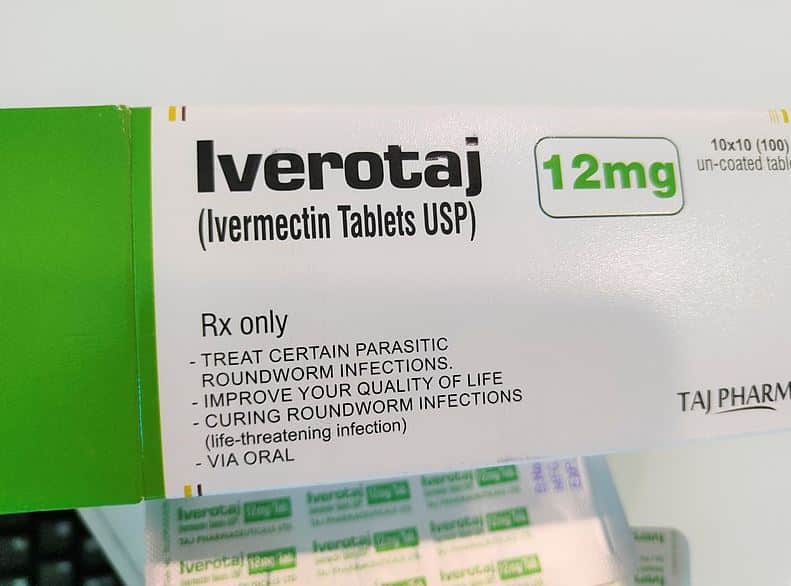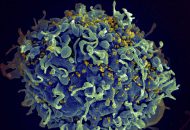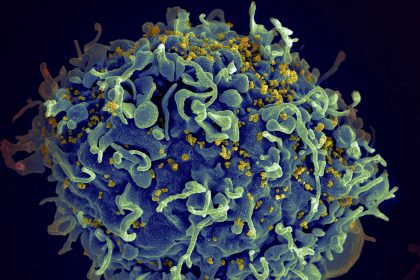Kansas Health Officials Urging Residents Not to Take Livestock Drug for COVID

TOPEKA, Kan. – A drug most commonly given to horses and cows as an anti-parasite medicine should not be taken by humans to treat or prevent COVID-19, the Kansas Department of Health and Environment said in a Wednesday advisory.
Ivermectin was introduced as a veterinary drug in the late 1970s, and the discovery of its effectiveness in combating rosacea, head lice or some parasitic worms in humans won the 2015 Nobel Prize for medicine.
Despite more than a dozen studies of the drug involving more than 1,600 participants, there is currently no evidence of the drug’s ability to prevent COVID, improve patient conditions or reduce mortality.
But that hasn’t stopped people from taking to social media and making false claims regarding its alleged COVID-curing powers.
Some health officials have compared the current mania surrounding Ivermectin to last year’s surge in belief of a malaria drug, hydroxychloroquine, to cure or prevent COVID — claims that were ultimately roundly debunked.
According to researchers at the Centers for Disease Control and Prevention, who cited data from the American Association of Poison Control Centers, calls to poison control centers about ivermectin exposures have risen dramatically this summer.
While some people have actually gotten a prescription from their doctor, others have resorted to getting it from livestock supply stores.
That has only served to compound the risk because livestock drugs are highly concentrated for large animals and can be highly toxic in humans.
So pervasive has the situation become that the Food and Drug Administration last week tweeted a message to consumers.
“You are not a horse. You are not a cow. Seriously, y’all. Stop it,” the agency said, with a warning explaining that ivermectin is not F.D.A.-approved for treating or preventing COVID-19 and that taking large doses can cause serious harm.
As for the warning out of Kansas, Dr. Lee Norman, secretary of the Kansas Department of Health and Environment , said, “Kansans should avoid taking medications that are intended for animals and should only take Ivermectin as prescribed by their physician.”
“These highly concentrated doses can cause severe illness and even death in humans. The COVID-19 vaccine remains the most effective way to prevent COVID-19,” Norman said.
An Ivermectin overdose includes gastrointestinal symptoms such as nausea, vomiting and diarrhea. Overdoses are associated with hypotension and neurologic effects such as decreased consciousness, confusion, hallucinations, seizures, coma, and death. Ivermectin may intensify the effects of other drugs that cause central nervous system depression, such as benzodiazepines and barbiturates.
Health officials in Kansas stress the COVID-19 vaccine is the safest and most effective way to prevent getting sick and protect against severe disease and death from SARS-CoV-2, the virus that causes COVID-19, including the delta variant.
In addition to the vaccine, wearing a mask, washing your hands, and social distancing will help stop the spread of the virus, they said.
























